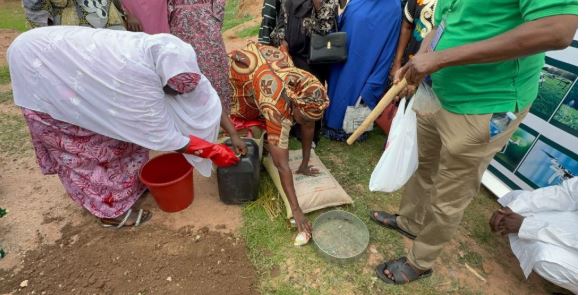Welcome to SRI-Africa Knowledge sharing Portal

Rice is Nice! Rice is set to become a major food staple in Africa, as urbanization and population growth has seen demand for rice grow rapidly over recent decades. The younger generation are eating more rice in place of traditional foods, for a number of reasons. Rice is easy to prepare, requires less energy to […]



